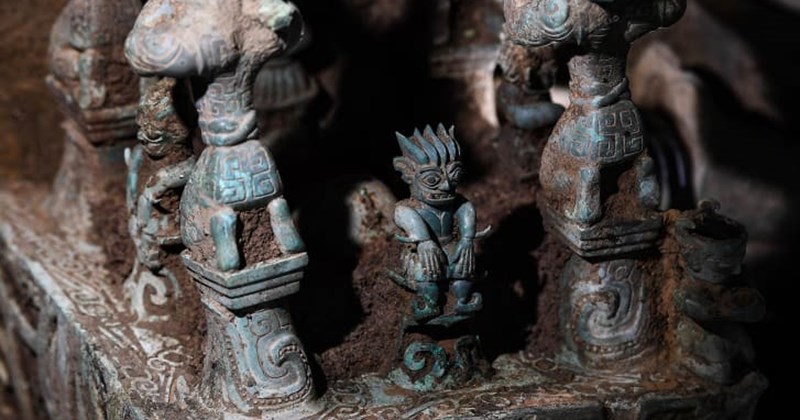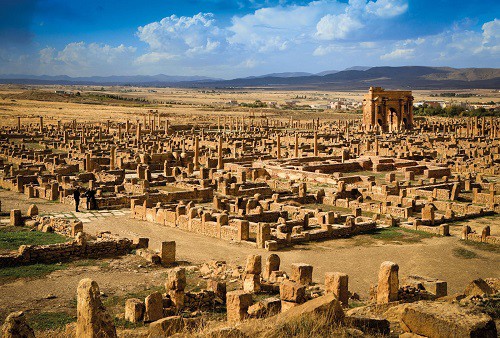The Mummified Giant of the Andes: 50-Foot Skeleton Rocks the Foundations of Human History
In a stunning discovery that has the potential to rewrite the established narrative of human evolution, researchers in the remote Andes Mountains of South America have unearthed the mummified remains of a colossal humanoid being, measuring an astonishing 50 feet in height.
The find, which has been hailed as one of the most significant archaeological discoveries of the 21st century, is being heralded as a potential game-changer in our understanding of the origins and evolution of the human species.
“This is a truly remarkable and humbling find,” said Dr. Alejandra Gutiérrez, the lead researcher on the expedition. “The sheer size and scale of this mummified individual is unlike anything we’ve ever encountered in the fossil record. It challenges our very notions of what was biologically possible for a humanoid being.”
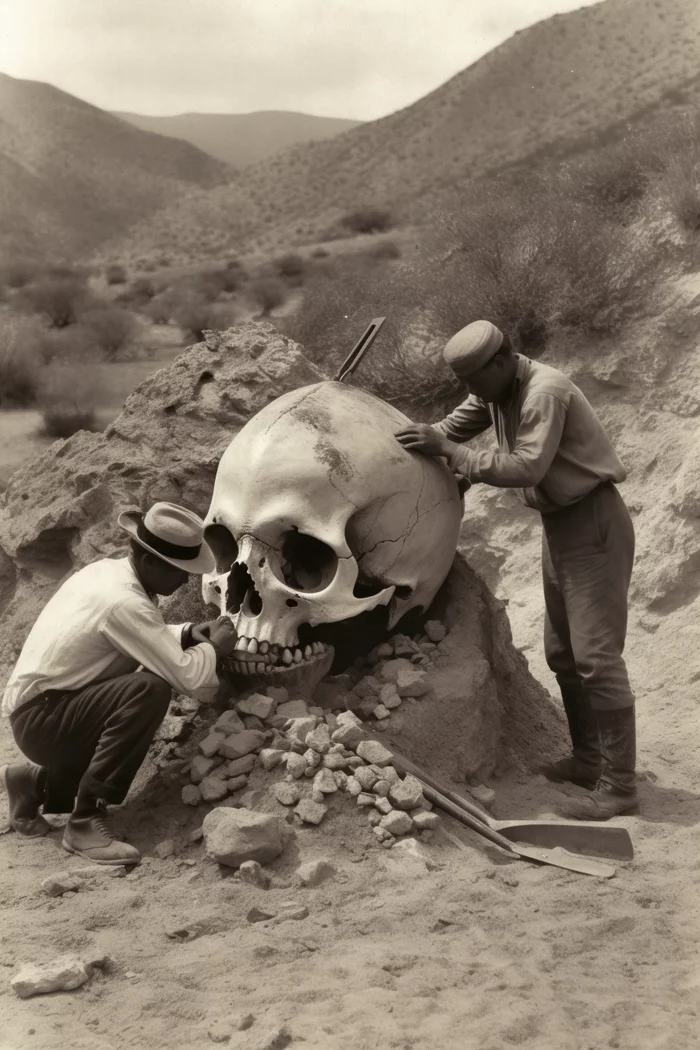
The mummified giant, believed to be several hundred years old, was discovered deep within a remote cave system high in the Andes Mountains, an area long rumored to be the home of ancient, enigmatic beings of immense stature.
“The local indigenous communities have long spoken of the ‘mountain giants’ that roamed these peaks centuries ago,” Gutiérrez explained. “But the scientific community has often dismissed these accounts as mere folklore and legend. This discovery, however, provides compelling evidence that there may have been some truth to these stories all along.”
Upon further examination, the research team has made a series of startling discoveries about the mummified giant. Not only does the skeleton measure an astounding 50 feet in length, but the proportions and skeletal structure of the being are remarkably human-like, exhibiting features that closely resemble modern Homo sapiens.
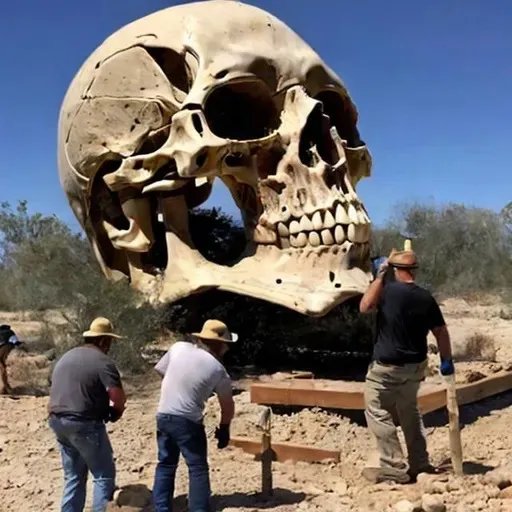
“What we’re looking at here is a being that, in many ways, appears to be a member of the human family tree, but on a scale that is truly beyond anything we’ve ever documented,” said Dr. Marcos Pereira, a prominent anthropologist involved in the study.
The implications of this discovery are profound, as it challenges widely accepted theories about the size, capabilities, and evolution of the human species. It raises questions about the potential existence of gigantic humanoid subspecies or even entirely undiscovered branches of the human family tree.
“This find has the potential to upend our understanding of human history and evolution,” Gutiérrez stated. “It’s a humbling reminder that there is still so much we have yet to uncover about our own origins and the remarkable diversity of life that has inhabited this planet.”
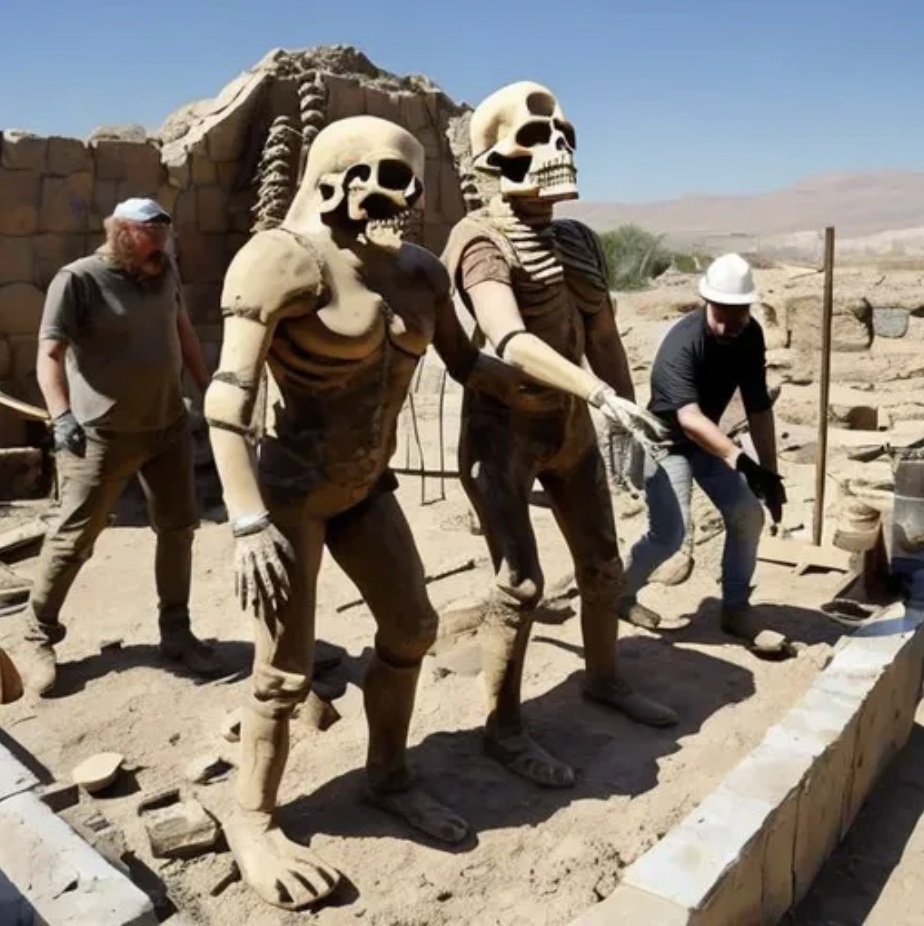
As the research team continues its meticulous analysis of the mummified giant, the global scientific community is eagerly awaiting the results, which could lead to groundbreaking revelations about the past and the true nature of humanity.
“This discovery has the power to shake the very foundations of what we thought we knew about ourselves,” Pereira concluded. “It’s a testament to the fact that there is still so much left to explore and discover, even in the most remote corners of our world.”
